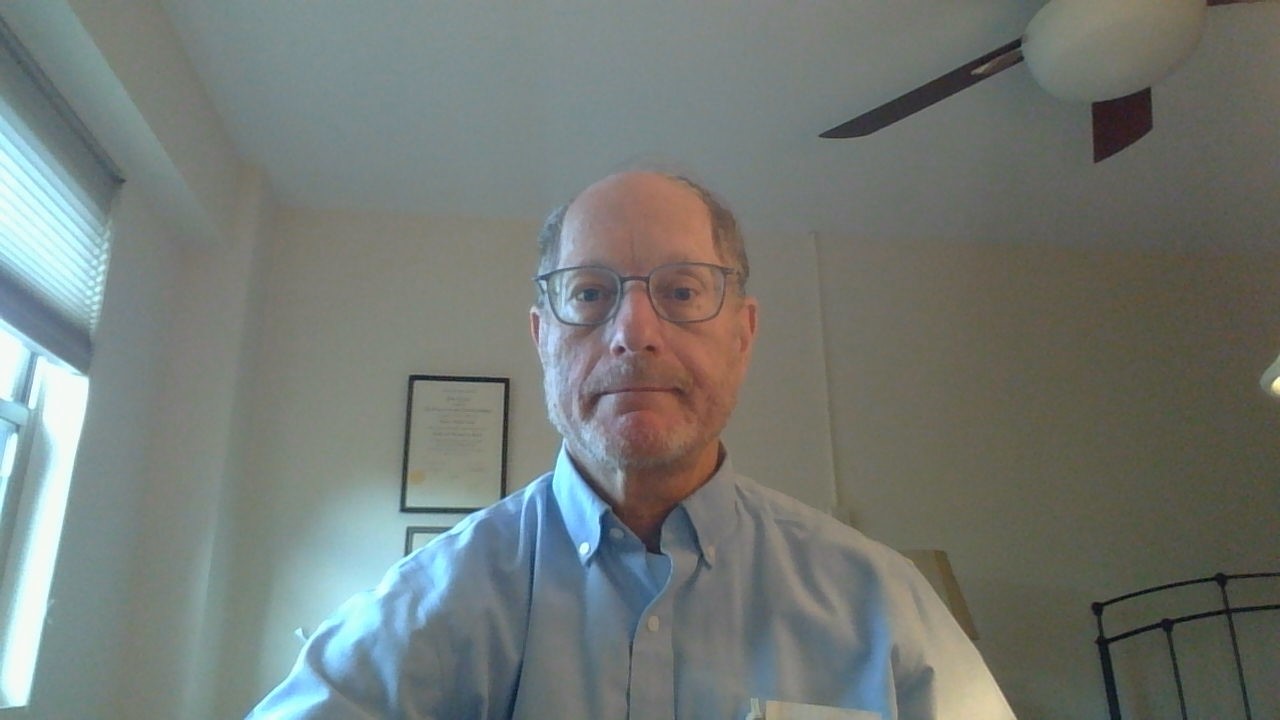Many ideas of Reconstructionist Judaism have influenced other Jews, particularly in the liberal movements. I wonder about our opposition to chosenness[i]: Have Reconstructionist alternatives influenced other movements?
A number of Reform and Masorti (Israeli Conservative) siddurim have recently offered alternatives to the first paragraph of the Aleinu[ii], for example — sometimes offering the Reconstructionist-based text as one alternative.[iii] Two Reform siddurim (the British Reform movement Forms of Prayer [2008] and the Israeli Reform Tefilat haAdam [2021]) parallel this Aleinu text with another version including chosenness, though not the traditional wording. The Israeli Masorti (Conservative) siddur includes the traditional Aleinu text as the lead option. The American Conservative movement mentions the Israeli alternative Aleinu text (though not the Reconstructionist version) but does not include it in Hebrew.[iv] The U.S. Reform Mishkan T’filah offers an alternative to the traditional Aleinu.[v] The Reconstructionist Kol Haneshamah (1994) retains the traditional Aleinu text in smaller print below a line, with a disparaging commentary.
On the other hand, Orthodox texts in Israel and the diaspora, including modern editions like the Koren siddur, often include the even more exclusivist, “uncensored” text of Aleinu, with the line שֶׁהֵם מִשְׁתַּחֲוִים לְהֶֽבֶל וָרִיק, וּמִתְפַּלְלִים אֶל אֵל לֹא יוֹשִֽׁיעַ, “They bow down to vanity and emptiness and pray to a god who cannot save” — references that many understand as anti-Christian and anti-Muslim.
When we turn to other places in liturgy such as the Torah blessings and the Shabbat and the festival evening kiddush, we find that texts emphasizing Jewish chosenness remain the main option, with alternatives sometimes added.[vi] That is, discomfort with chosenness is a liturgical option, but there is no consistent response of eliminating it.
However, emphasizing liturgy creates a narrow focus. The Reconstructionist movement is heir to biblical, rabbinic and other texts developed in past eras. Liberal Jews read Torah texts including ideas we cannot accept. Saying “we don’t believe in these texts” does not make those texts, stories and commentaries vanish.
Jewish popular culture reinforces chosenness. (The website of Temple Beth Shalom in Anchorage, Alaska, is https://www.frozenchosen.org).
Our Christian neighbors, including those committed to respectful dialogue and understanding that Judaism is also part of God’s plan, often endorse the “election of Israel,” which often serves as the basis of a “both/and” theology of Judaism and Christianity as valid connections to the Divine. Nancy Fuchs Kreimer wrote about her challenges as a Reconstructionist in Jewish-Christian dialogue:
At the heart of the new mutual acceptance of Jews/Judaism and Christians/Christianity is a continuing interest in issue of the chosen people. In fact, Christianity makes very little sense apart from the ‘chosen people’ doctrine, a challenge for those of us who find the whole idea problematic.[vii]
Menachem Klein recently critiqued the growth of belief in “Jewish superiority” in Israel. He noted, “The Jewish people was always ethnocentric. … This is a blatantly hierarchical conception, according to which the Jew is superior to the non-Jew.”[viii] These beliefs have been strengthened with political and military power to act upon them. Our challenge is developing alternatives, rooted in Jewish sources, to these approaches. This is a field where we might find partners across the Jewish spectrum, including Orthodox Jews: clarifying our interpretive frameworks to emphasize a Judaism based on tzedek (justice) and shalom (peace).
[i] From the Introduction to the Reconstructionist Sabbath Prayer Book (2nd ed., 1945, p. xviii), probably written by Milton Steinberg: “The traditional worship-text on occasion asserts or implies the superiority of Israel over other peoples … .
This prayer book continues the faith that Israel plays a unique role in God’s design for mankind. Believing, however, that all peoples are also called to serve Him, each with its unique talents and gifts, it eliminates all invidious contrast between Israel and other peoples.”
[ii] “Who has not made us like all other nations.”
[iii] See the Reconstructionist version as an option in the British Reform movement Forms of Prayer [2008] p. 312; the Israeli Masorti siddur, Va-ani tefilati [2nd edition, 2009], p. 84. Other Aleinu alternatives appear elsewhere, such as p. 111, and in the recent Israeli Reform Tefilat haAdam [2021], p. 195 and elsewhere.
[iv] Siddur Lev Shalem for Shabbat, 2016, p. 205.
[v] p. 322.
[vi] See my comments the new Israeli Reform siddur, RRA Connection, Early Spring 2022.
[vii] “Dabru Emet — A Reconstructionist Perspective,” The Reconstructionist (Fall 2002), p. 37.
[viii] Menachem Klein, “Israel’s Rule Over the Palestinians Has Created a New Judaism,” Haaretz, 8 April 2023.







